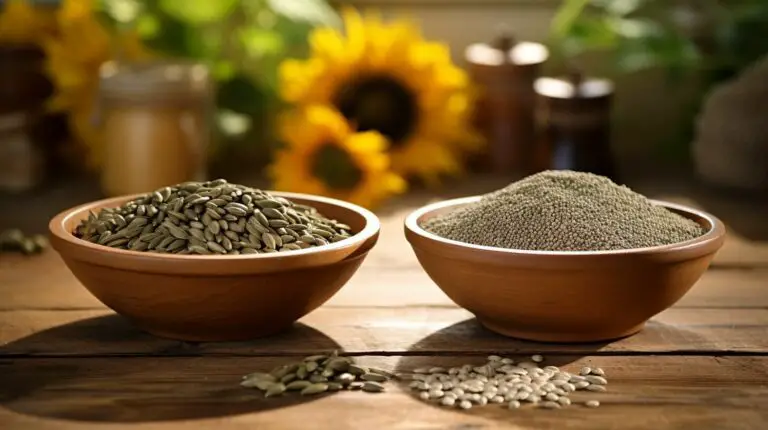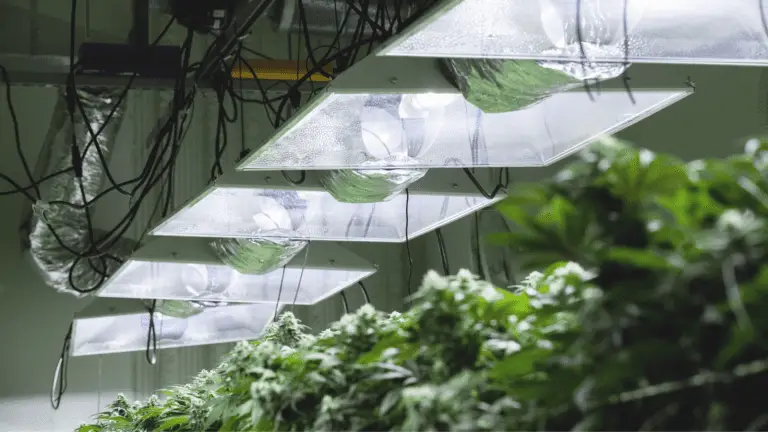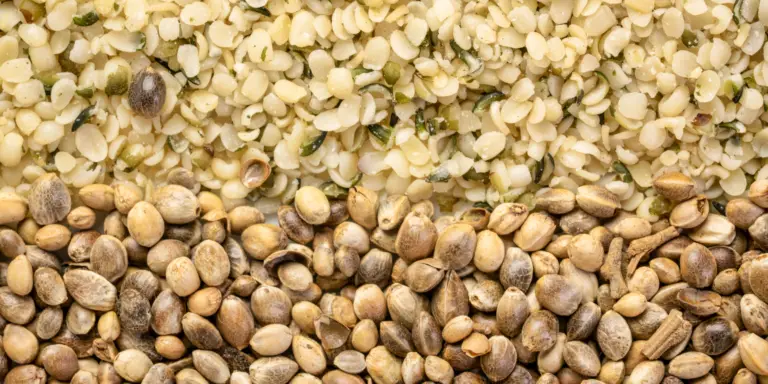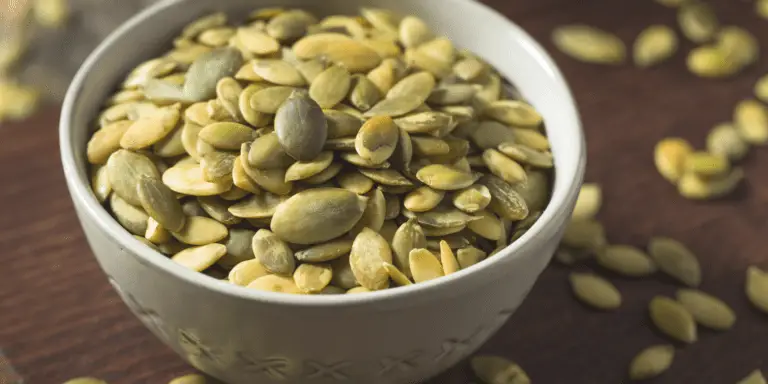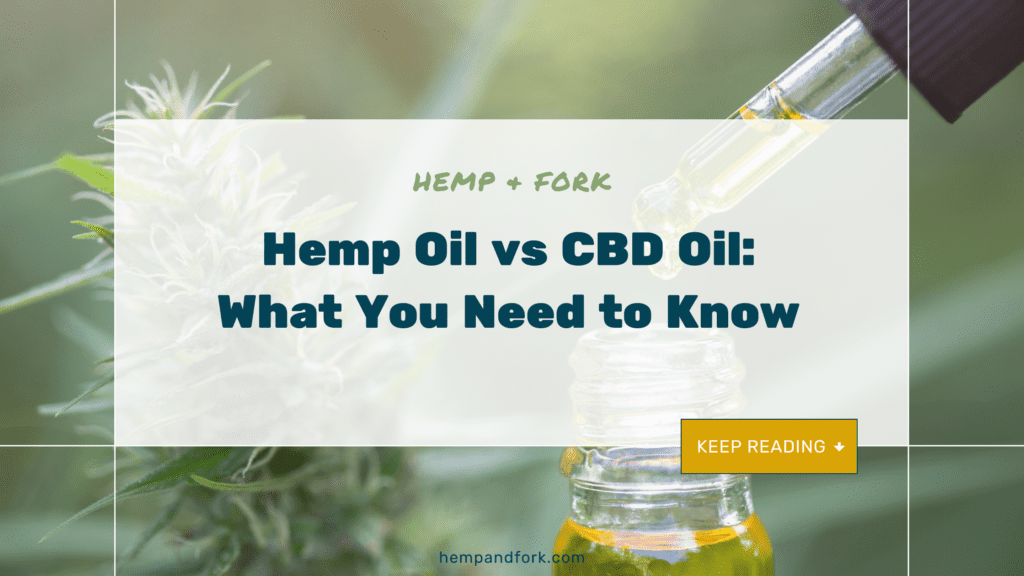
If you’re on a quest for natural remedies, you’ve likely stumbled upon hemp seed oil and CBD oil. Both are buzzwords in the wellness world, but they’re not interchangeable. What are the differences between hemp oil vs CBD oil? Let’s dive into the nitty-gritty of these oils to help you make an educated choice.
- CBD oil is extracted from the leaves, stalks, and flowers of the cannabis plant, while hemp seed oil is made from its seeds.
- CBD oil is rich in cannabidiol, whereas hemp seed oil is a powerhouse of essential fatty acids and nutrients.
- Both oils have unique health benefits, from pain relief and mental well-being to nutritional supplementation and skin care.
Benefits of CBD Oil: More Than Just a Trend
What is CBD Oil?
CBD oil is a liquid gold extracted from the flowers, leaves, and stalks of the hemp plant. It’s mixed with a carrier oil like MCT or hemp seed oil. The star ingredient? Cannabidiol (CBD) is a non-psychoactive compound with a plethora of potential health benefits.
Health Benefits of CBD Oil
- Anxiety and Stress Relief: CBD interacts with serotonin receptors, potentially reducing stress and anxiety.
- Pain Management: Effective for chronic pain conditions due to its anti-inflammatory properties.
- Sleep Aid: Can regulate sleep patterns and improve insomnia.
- Neurological Disorders: Shows promise in treating epilepsy and multiple sclerosis.
Note: The FDA hasn’t given CBD oil a green light for any specific medical conditions. However, anecdotal evidence is promising. 💚
Types of CBD Oil
- Full-Spectrum Hemp: Contains all naturally occurring compounds in the hemp plant, including other cannabinoids, terpenes, and flavonoids.
- Broad-Spectrum CBD: Contains multiple cannabinoids but zero THC.
- CBD Isolate: Pure CBD, no other cannabinoids.
The Entourage Effect: Some experts believe that full-spectrum products trigger an entourage effect, where the various compounds work together to enhance the overall effectiveness of the oil.
Carrier Oils in CBD Products
- Hemp Seed Oil: Rich in essential fatty acids, with a nutty flavor.
- MCT Oil: Derived from coconut oil, neutral in taste.
Why Carrier Oils Matter
The type of carrier oil can affect the bioavailability of CBD, meaning how quickly and effectively your body can absorb it.
Benefits of Hemp Seed Oil: The Underestimated Powerhouse

What is Hemp Oil?
Also known as hempseed oil, this green elixir is cold-pressed from hemp seeds. It’s a nutritional powerhouse, brimming with omega-3 and omega-6 fatty acids, vitamins, and minerals.
Health Benefits of Hemp Oil
- Complete Protein Source: Hemp seeds contain all nine essential amino acids.
- Rich in Essential Nutrients: Abundant in vitamins E, magnesium, potassium, and calcium.
- Antioxidant Properties: Contains gamma-linolenic acid, which acts as a powerful antioxidant.
- Natural Moisturizer: Excellent for skincare, can soothe dry and itchy skin.
🔓 Hemp oil is a versatile powerhouse with a range of uses that go beyond skincare. Unlock more here: 11 Health Benefits of Hemp Seed Oil: The Ultimate Guide
Culinary Uses of Hemp Oil
Hemp oil has a nutty, earthy flavor, making it a great addition to salads, smoothies, and even dips. It’s a healthier alternative to traditional vegetable oils. Want to incorporate more hemp into your diet? This article covers ideas for how to do that!
Skincare Products
Hemp oil is a common ingredient in lotions, balms, and soaps due to its moisturizing properties.
Hemp Oil vs CBD Oil: The Ultimate Showdown
What is CBD Oil?
- Derived from flowers, leaves, and stalks
- High in CBD
- Therapeutic effects like anxiety and pain relief
What is Hemp Oil?
- Derived from seeds
- Zero CBD content
- Nutritional supplements and skincare
| Criteria | CBD Oil | Hemp Oil |
|---|---|---|
| Source | Flowers, leaves, stalks | Seeds |
| CBD Content | High | None |
| Main Uses | Therapeutic | Nutritional and skincare |
Health Benefits and Uses: A Deeper Dive

CBD Oil
- Pain Management: Effective for chronic pain conditions.
- Mental Health: Helps in reducing anxiety and depression.
- Neurological Benefits: Potential treatment for epilepsy and multiple sclerosis.
- Anti-Cancer Properties: Some studies suggest CBD may inhibit the growth of cancer cells.
Hemp Oil
- Heart Health: Omega-3 and omega-6 improve cardiovascular functions.
- Anti-Inflammatory: Helps in reducing inflammation.
- Skin Health: Excellent moisturizer and may reduce signs of aging.
- Digestive Health: The fiber content in hemp seeds aids in digestion.
🌟 Eager to get that natural glow? Discover these 11 amazing skincare benefits of hemp seed oil in our detailed post!
Potential Side Effects and Interactions
CBD Oil
- Dry mouth
- Drowsiness
- Changes in appetite
- Diarrhea
- Nausea
Hemp Oil
- It may cause digestive issues if consumed in large amounts.
How to Choose Between CBD and Hemp Oil
Considerations
- Purpose: Are you looking for therapeutic effects or nutritional benefits?
- Extraction Method: CO2 or ethanol for CBD oil; cold-pressed for hemp oil.
- Type of Oil: Full-spectrum, broad-spectrum, or isolate for CBD; unrefined or refined for hemp.
- Carrier Oil: MCT, hemp seed, or olive oil.
- Legal Status: Check the legality of CBD and hemp products in your area.
FAQ
Conclusion
The journey through the labyrinth of CBD oil and hemp oil is enlightening. While both oils come from the same plant, they offer different gifts. CBD oil is your go-to for therapeutic needs, and hemp oil is your nutritional and skincare ally. Always opt for high-quality products and consult healthcare professionals for tailored advice.
Ready to make your choice? The power of plants awaits you. 🌿✨
This article aims to be a comprehensive guide, but it’s crucial to consult with healthcare professionals for personalized medical advice.
